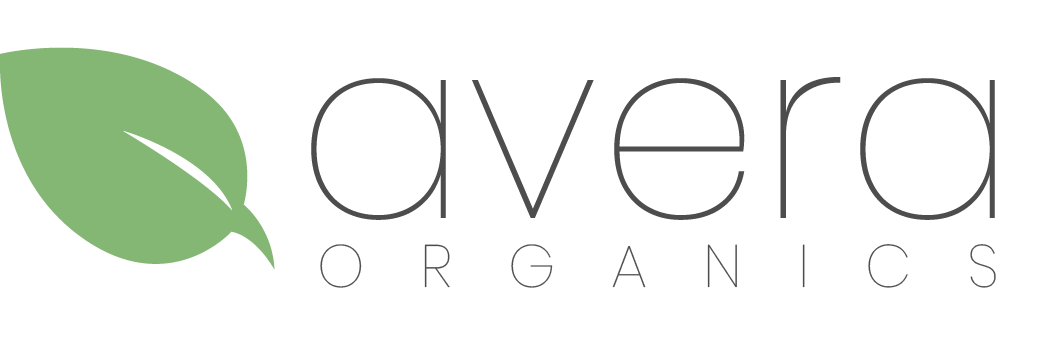You might be surprised by how many people in the United States are affected by skin conditions like eczema. According to Medical News Today1, 31.6% of people in the U.S. live with some stage of eczema. Eczema is certainly common enough, yet few people who struggle with eczema know the proper techniques for reducing symptoms or preventing new symptoms from cropping up. In fact, most people just live with their symptoms and try to ignore them.
Thankfully, there are effective techniques for reducing eczema symptoms. It’s just a matter of understanding what eczema is, learning how eczema causes symptoms, and then learning what types of remedies counteract and prevent those symptoms.
What Causes Eczema?
Eczema is the most common term used to refer to “atopic dermatitis.” The word “atopic” denotes a form of allergy in which the body experiences a hypersensitive reaction. Such a reaction occurs in one or more parts of the body. “Dermatitis” refers to a condition of the skin in which areas of the skin become red, swollen, sore, itchy, or infected.
Atopic dermatitis (eczema) is an immune system disorder. It is a condition in which the immune system does not process certain environmental situations well, thus resulting in allergic reactions on the skin.
Eczema is a hereditary condition, meaning the genes which cause eczema are passed down, generation to generation. Sometimes the condition skips a generation. When someone with eczema is exposed to certain pollens or allergens in the air, it could trigger a reaction. Eczema symptoms are also brought on by eating certain foods, smoking, exposing oneself to cold, dry weather conditions, exposing oneself to dust, mold, extreme heat, hot water, etc.
Is Eczema a Life-Long Condition?
While eczema is not contagious, it is a life-long condition. At this time, there is no known cure for eczema. However, there are ways to treat eczema effectively. More specifically, there are ways to prevent eczema symptoms from occurring, and there are also ways to treat eczema symptoms once they have manifested.
How Do I Prevent Eczema Conditions?
Scientists have proven that eczema and allergies are closely linked. According to an article published on WebMD2, “People with both eczema and allergies have a change to a gene called filaggrin. It’s a protein that keeps the skin moist. People who don’t make enough of this protein lose more water from their skin, which causes the dryness and itchiness of eczema. The lack of filaggrin also makes the skin let in more allergens like dust and pollen.”
With that, we have our first round of eczema prevention techniques. Because eczema is often brought on by allergic reactions, preventing eczema conditions from cropping up becomes a matter of avoiding foods one is allergic to. Foods that tend to result in eczema symptoms are eggs, milk, peanuts, wheat, and soy.
Other allergens that can cause eczema flare-ups include dust mites, makeup, mold, cat or dog dander, pollen, certain soaps, some perfumes, and seasonal changes.
It’s important to remember that it’s not just allergens that can cause eczema symptoms to crop up. Other factors like cold climates, dry air, or a combination of the two also lead to eczema flare-ups. Remember, eczema is a condition that causes the skin to lose moisture, so being in an environment lacking in moisture tends to exacerbate eczema symptoms, even if one has not been exposed to allergens or pollens. One of the best ways to prevent eczema symptoms is to keep one’s environment humid and warm (but not hot).
How Do I Treat Eczema Conditions?
If eczema symptoms are already flaring up, it’s critical to shift the focus from one of prevention to one of treatment. Thankfully, there are lots of methods for treating eczema symptoms.
The National Eczema Association3 lists the following as the fundamentals of treating eczema:
- Knowing what triggers eczema flare-ups for you.
- Implementing a regular, consistent bathing and moisturizing routine (more on that later).
- Monitoring daily stress levels and eczema triggers, both environmental and psychological.
- Creating environmental conditions conducive to properly-hydrated skin (warm, but not hot, humid air).
- Avoiding scratching or irritating the skin, as scratching only serves to worsens symptoms.
After one has determined their own, personal eczema triggers (foods, pollens, allergens, etc.), the next step in treating eczema symptoms is to rehydrate the skin. The drier the skin becomes, the worse the symptoms, so hydration is critical. And the best way to hydrate the skin is with an all-natural skin cream or an organic eczema cream. Specially-purposed creams for eczema are designed to hydrate and moisturize while also relieving itching, redness, and discomfort. Such creams seek to remedy the source of the flare-up while also reducing uncomfortable side-effects.
There are other approaches to treating eczema symptoms. Some experts recommend taking lukewarm oatmeal baths, as doing so hydrates skin pores and helps relieve itching.
Another approach is to use mild soaps or non-soap cleansers and shampoos. Traditional soaps dry the skin considerably, so changing one’s soap to a non-soap based cleanser is one way to help keep the skin hydrated.
Experts also recommend wearing cotton and soft fabrics. It’s wise to avoid rough, itchy, starchy textiles and tight-fitting clothing. The goal is to help the skin breathe.
One technique for reducing eczema symptoms is to take control of the air in one’s home. That can be done by not excessively heating or cooling the house, and also by using a humidifier every day. Keeping the air temperature in a normal range and keeping the air at a pleasant humidity does wonders for reducing eczema symptoms.
Experts recommend that people with eczema try to avoid rapid temperature changes, (such as by strenuous exercise or exposure to direct sunlight). It’s also recommended to avoid heavy sweating when possible.
Living with eczema comes with its challenges. Thankfully, there are treatments and preventatives. And most importantly, don’t forget to moisturize!
Sources:
1 https://www.medicalnewstoday.com/articles/14417.php
2 https://www.webmd.com/skin-problems-and-treatments/eczema/eczema-allergy-connection#1
3 https://nationaleczema.org/eczema/treatment/
